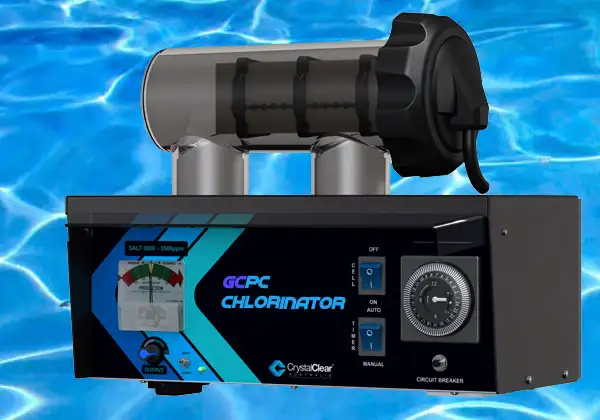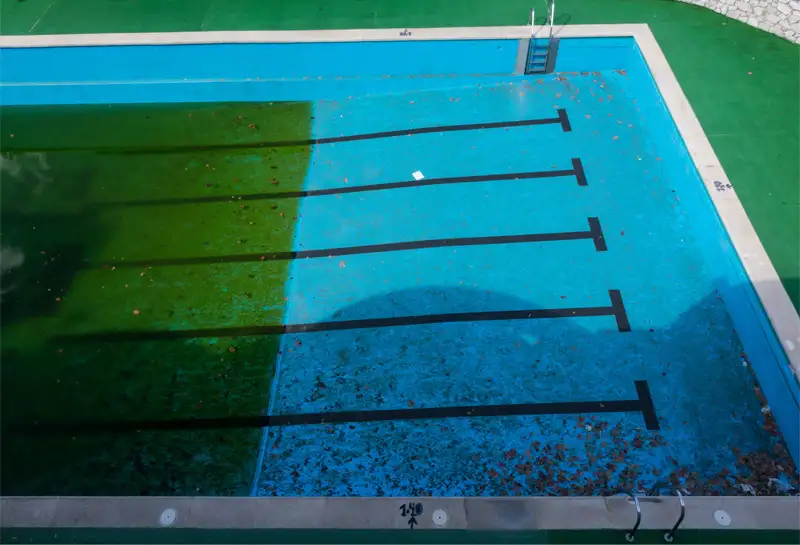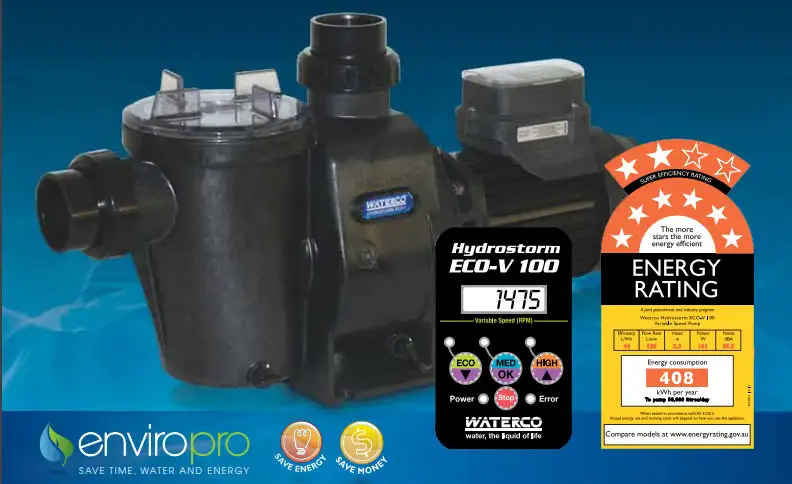Gentle on the Skin and Eyes:
The best advantage of saltwater pools is the gentle impact on swimmers like their eyes and skin, where as traditional chlorine pools, can cause irritation, redness and dryness, saltwater pools utilise a natural saline solution that closely mimics the body’s own fluids. This results in a more soothing and comfortable swimming experience, making saltwater pools particularly appealing for families with young children or individuals with sensitive skin.
Reduced Chemical Exposure:
Saltwater pools rely on a chlorination process that generates chlorine from the salt itself, reducing the need for additional chemicals. This minimises the exposure of swimmers to harsh chemicals, making saltwater pools a healthier option. With lower levels of chemical byproducts, users can enjoy a swim without the strong smell commonly associated with traditional chlorine pools. This reduction in chemical exposure also contributes to a more environmentally friendly and sustainable pool option.
Pool Saltwater Chlorinators:
What do they do?
Pool saltwater chlorinators are devices designed to simplify and automate the process of sanitising swimming pools. Instead of traditional chlorine tablets or liquid, these chlorinators use salt to generate chlorine within the water. The primary function of these systems is to convert the salt into chlorine through a process called electrolysis, ensuring a steady release of chlorine to maintain a clean and safe swimming environment. By eliminating the need for manual chlorine application, pool saltwater chlorinators offer a convenient and efficient way to keep pool water sanitised, reducing the hassle of handling and storing traditional chlorine products.
How do they work?
Pool saltwater chlorinators operate through electrolysis, a chemical process that occurs within the device. Pool Salt (sodium chloride) is added to the pool water and as the water passes through the chlorinator cell, an electric current is applied. This electric current causes the salt molecules to split into their constituent parts, chlorine and sodium. The released chlorine acts as a powerful disinfectant, effectively killing bacteria and algae present in the pool water. Once the chlorine completes its sanitising role, it reverts to salt, starting the cycle anew. This continuous and self sustaining process ensures a consistent and balanced level of chlorine in the pool, maintaining water quality without the need for frequent manual interventions.
Cost Effective Maintenance:
While the initial installation cost of a saltwater pool may be slightly higher than that of a traditional chlorine pool, the long term maintenance expenses often favor saltwater systems. Saltwater pools generally require fewer chemicals and the salt cell generator, responsible for chlorine production, has a longer lifespan compared to traditional chlorine systems. This translates to less frequent maintenance and lower ongoing costs, making saltwater pools an economically sound investment over time.
Ease of Maintenance:
Maintaining a salt pool is known for being simpler and less labor intensive than caring for a traditional chlorine pool. The automated salt cell generator continuously produces chlorine, eliminating the need for regular manual chlorination. Additionally, the self regulating equipment maintains a more stable water chemistry, reducing the likelihood of imbalances that often plague traditional pools. As a result, pool owners can spend less time on maintenance and more time enjoying their crystal clear oasis.
Soft, Silky Water:
Swimming in a saltwater pool provides a distinct sensation of softness and silkiness on the skin, a feature that sets it apart from traditional pools. The absence of harsh chemicals contributes to this luxurious feel, creating an inviting environment that enhances the overall swimming experience. The buoyancy of saltwater is also slightly higher than that of traditional pool water, offering swimmers a sensation of weightlessness and making it an ideal choice for relaxation and exercise.
Environmentally Friendly:
As the world becomes more environmentally conscious, the demand for eco friendly solutions extends to home and recreational spaces, including swimming pools. Saltwater pools contribute to this green movement by reducing the need for chemical additives, which can have harmful effects on the environment when improperly disposed of. The self sustaining nature of saltwater systems aligns with the principles of sustainability, making them an eco-conscious choice for environmentally aware homeowners.
Conclusion:
In the realm of swimming pool choices, the advantages of saltwater pools are clear and compelling. From their gentle impact on the skin and eyes to reduced chemical exposure and cost effective maintenance, saltwater pools offer a luxurious and environmentally friendly alternative to traditional chlorine systems. As more homeowners seek a harmonious blend of relaxation, health and sustainability, the popularity of saltwater pools is poised to continue its upward trajectory, ushering in a new era of pool enjoyment. So, if you’re contemplating the perfect addition to your backyard pool, dive into the future with a salt water pool conversion from Gold Coast Pool Cleaning Services, for the perfect addition to your backyard oasis.
Looking to convert your pool to a saltwater chlorinator?
Contact us and we will get back to you with a price for a full conversion which will include, the supply of a pool saltwater chlorinator, fitting and plumbing, supply of correct amount of high quality salt, water balancing and tuning of the system. Fill in the details below for your no obligation free quote or alternately call us on 07 5619 8000
FAQs: Salt Water Pools, Chlorine vs Salt Water Pools and Converting Chlorine Pools to Salt
Salt water pools may corrode metal components, damage certain pool materials, and pose potential harm to nearby plants if not properly managed. Additionally, their initial setup cost can be higher compared to traditional chlorine pools.
Chlorine pools are cost effective and provide effective sanitation. However they may cause skin and eye irritation. On the other hand, salt water pools offer a gentler feel, but their equipment and installation costs are higher.
Yes, chlorine pools generally have lower initial setup costs and require less expensive equipment. However long term operational costs may vary based on factors like chemicals and maintenance.
Yes salt water pools are popular in Australia due to their perceived benefits, including softer water and reduced skin irritation. However factors like climate and location may influence pool preferences.
No, while salt water pools require less day to day maintenance compared to chlorine pools, they still need regular monitoring, occasional adjustments and equipment checks.
When properly maintained, salt water pools are generally safe. However, improper maintenance can lead to imbalanced chemical levels, causing skin and eye irritation.
While salt water pools produce chlorine through the salt chlorinator, occasional addition of chlorine might be required to address specific water balance issues or during heavy usage periods.
Yes, many chlorine pools can be converted to salt water. However, it involves installing a salt chlorinator and may require some adjustments to the pool’s equipment and plumbing.
Pool salt chlorinators generate chlorine by passing a low voltage electrical current through salt (sodium chloride) in the pool water. This process, known as electrolysis, produces chlorine, eliminating the need for manual addition of chlorine.
The salt concentration in a saltwater pool is generally lower than that of seawater. While it can be detected, it is typically at a level that is not easily noticeable, providing a comfortable swimming experience.
While pool salt chlorinators generate chlorine, other pool chemicals such as pH balancers and stabilisers may still be necessary for optimal water balance. Regular water testing and adjustments are recommended.
It is recommended to use high purity food grade salt without additives. Avoid using salt with anti caking agents or iodine as these can adversely affect the pool chlorinator. Its best to purchase salt from us at Gold Coast Pool Cleaning Services as some poor grade salts may stain your pool walls.
Regularly check salt levels at least once a month, especially during hot weather or heavy pool usage. Maintaining the recommended salt concentration ensures efficient chlorine production.
Pool salt chlorinators are adaptable and can be used in various pool types, including in ground and above ground pools. However, the size and specifications of the chlorinator should match the pools volume.
Routine maintenance involves cleaning the salt cell, checking for calcium buildup and ensuring proper water flow. Following manufacturer guidelines and performing regular inspections will help maintain optimal performance.
Yes, salt chlorinators can be compatible with mineral systems. However, it’s essential to follow manufacturer recommendations and ensure that the combination is suitable for your pool.
The lifespan of a salt cell varies, but it commonly ranges from 3 to 7 years, depending on usage, maintenance, and the quality of the cell. Regular inspection and cleaning can help extend its life.












One Response